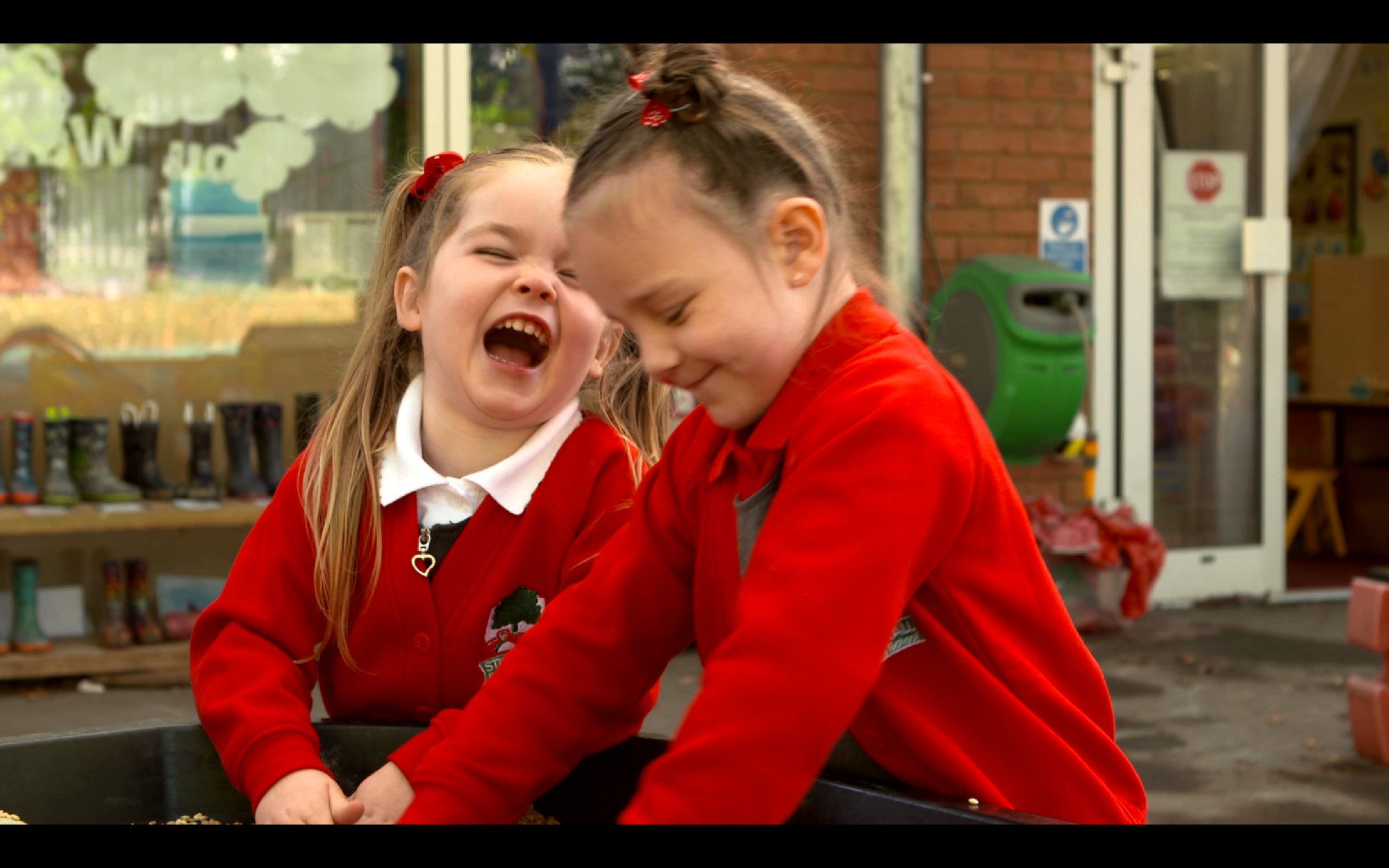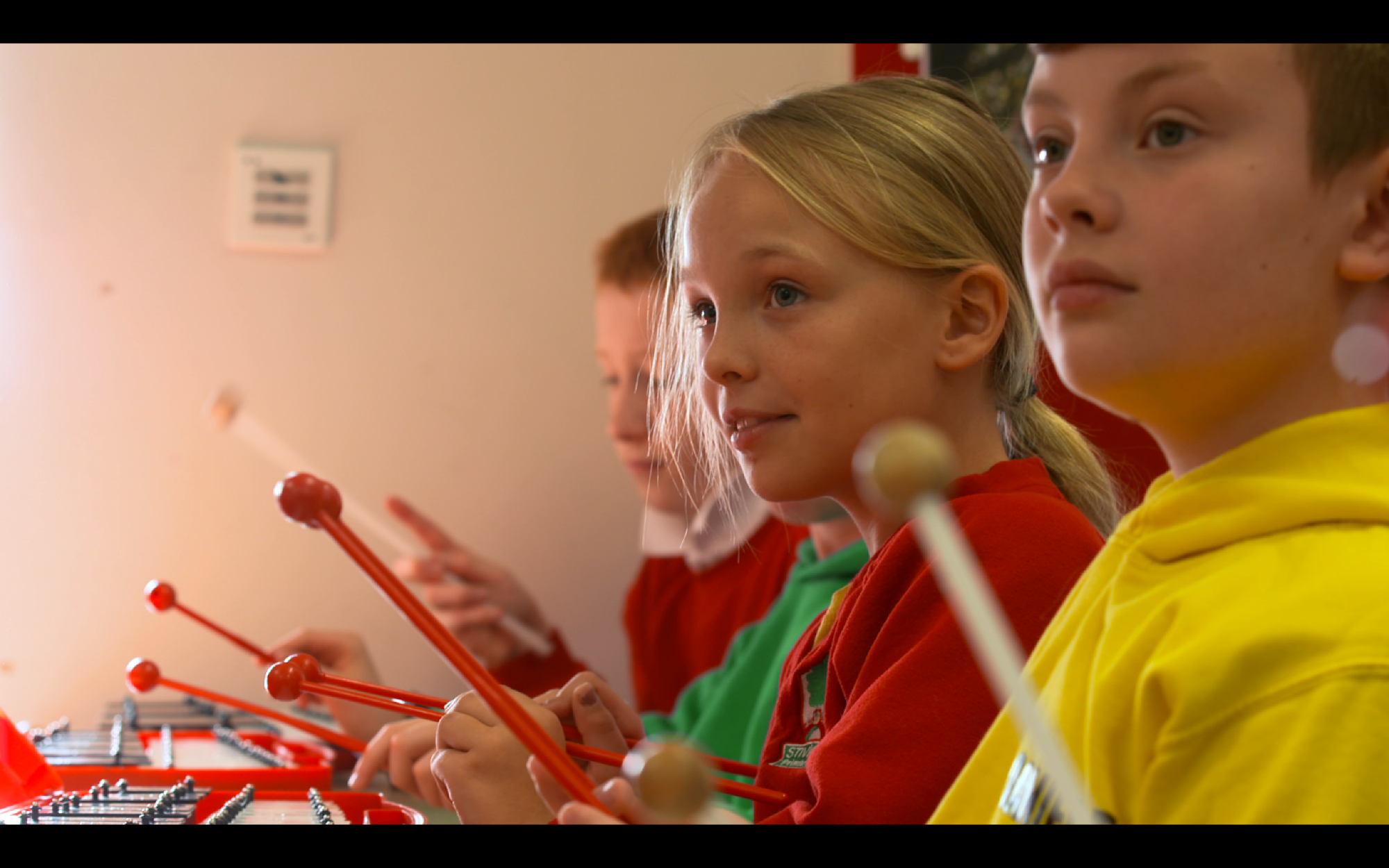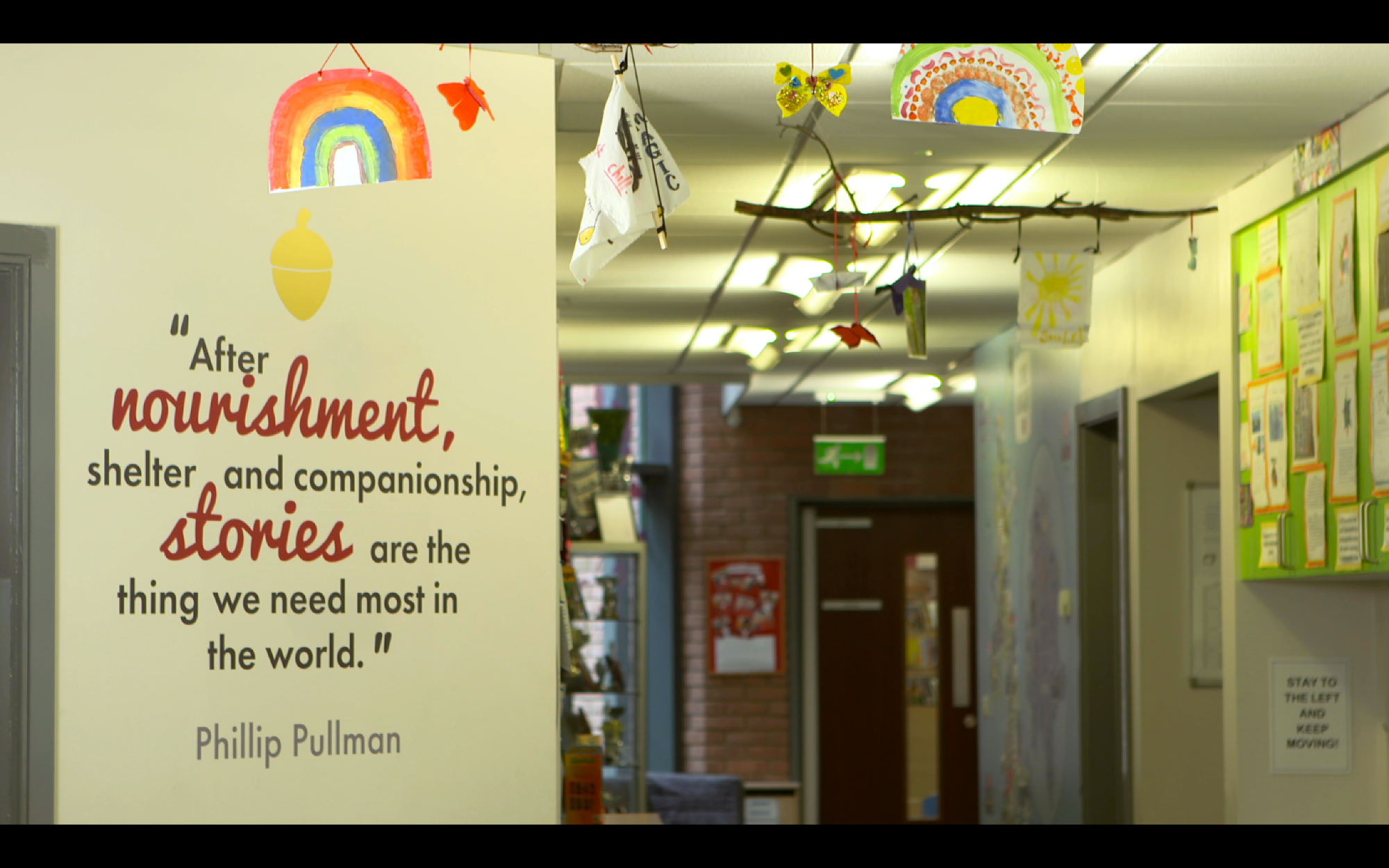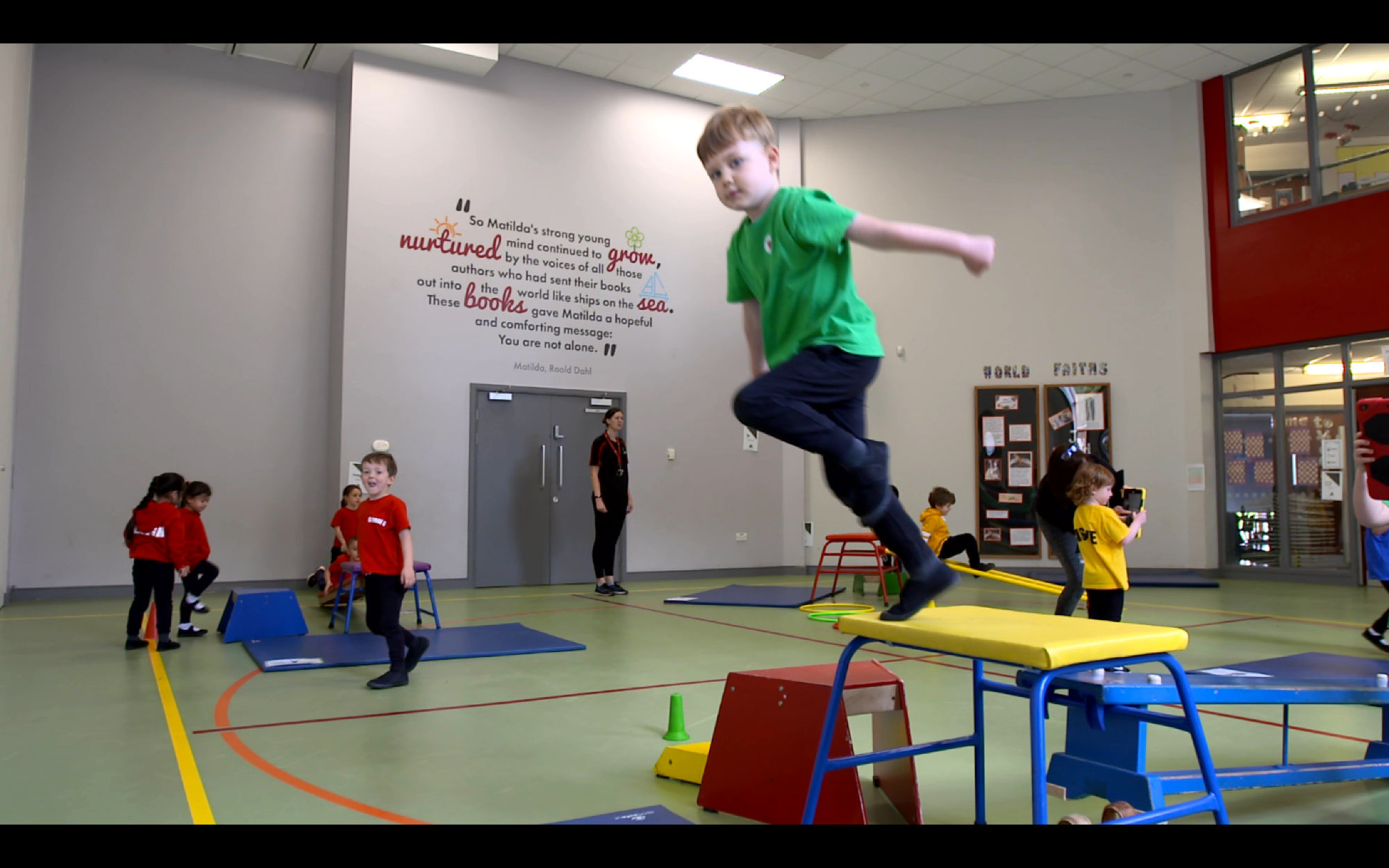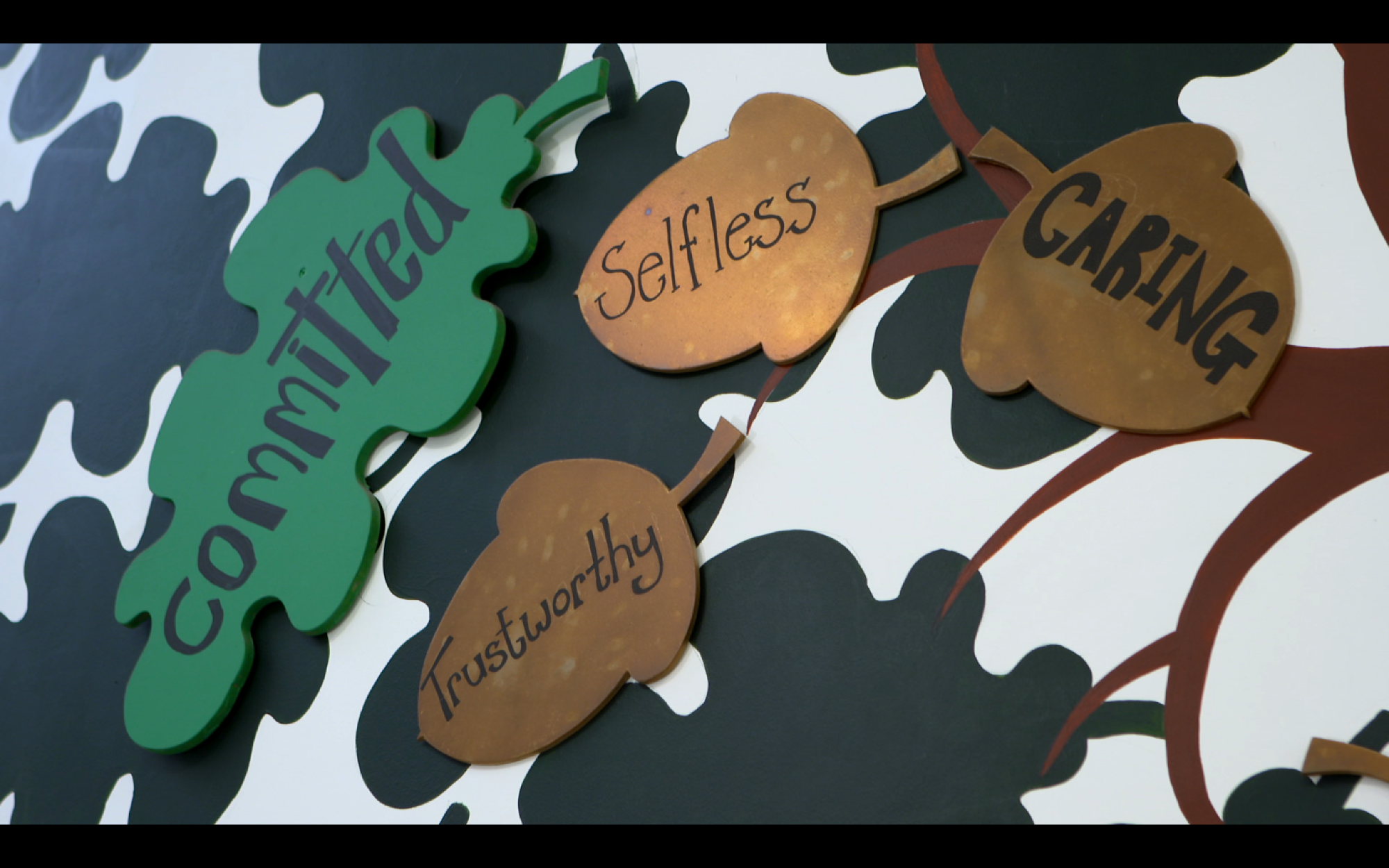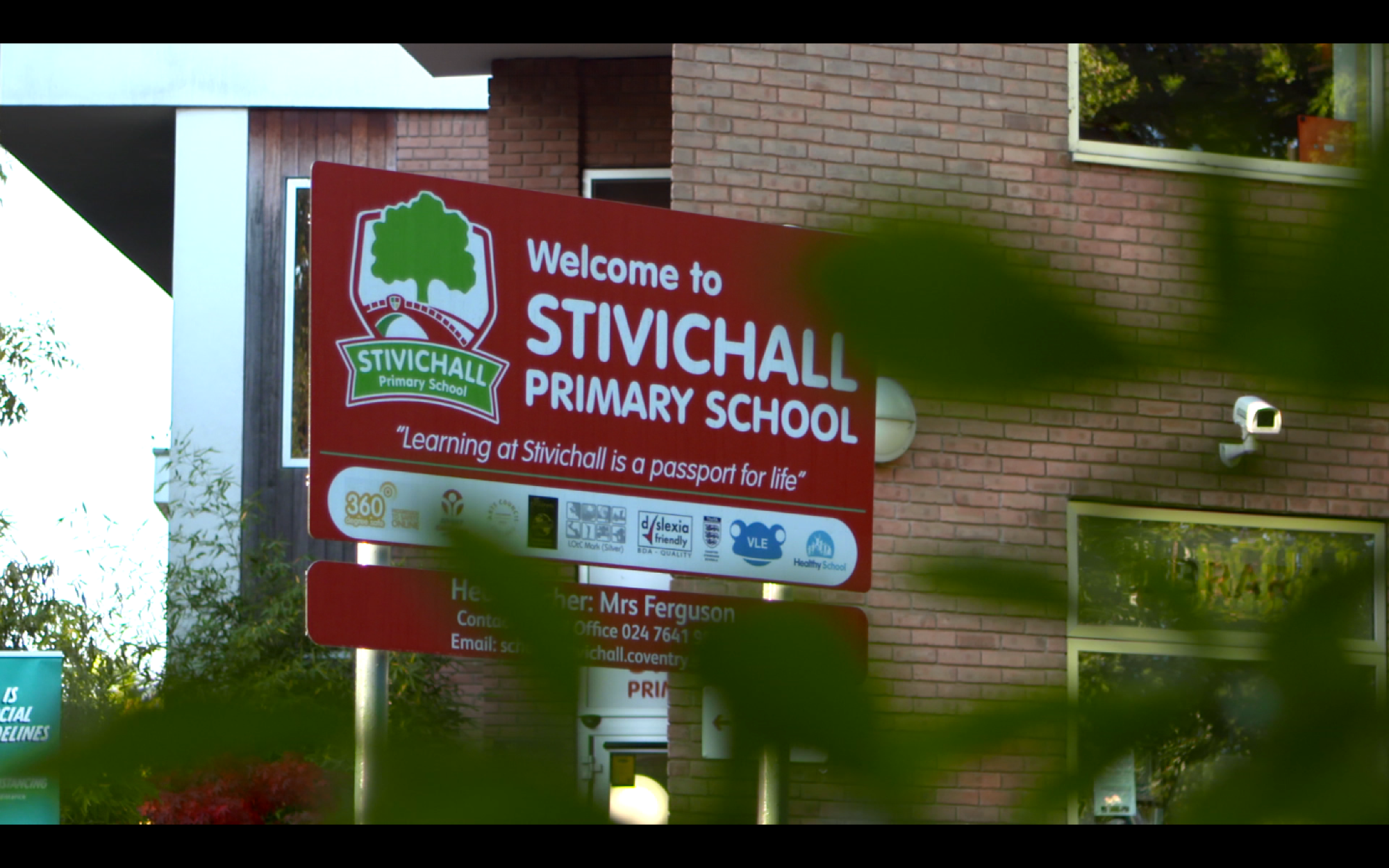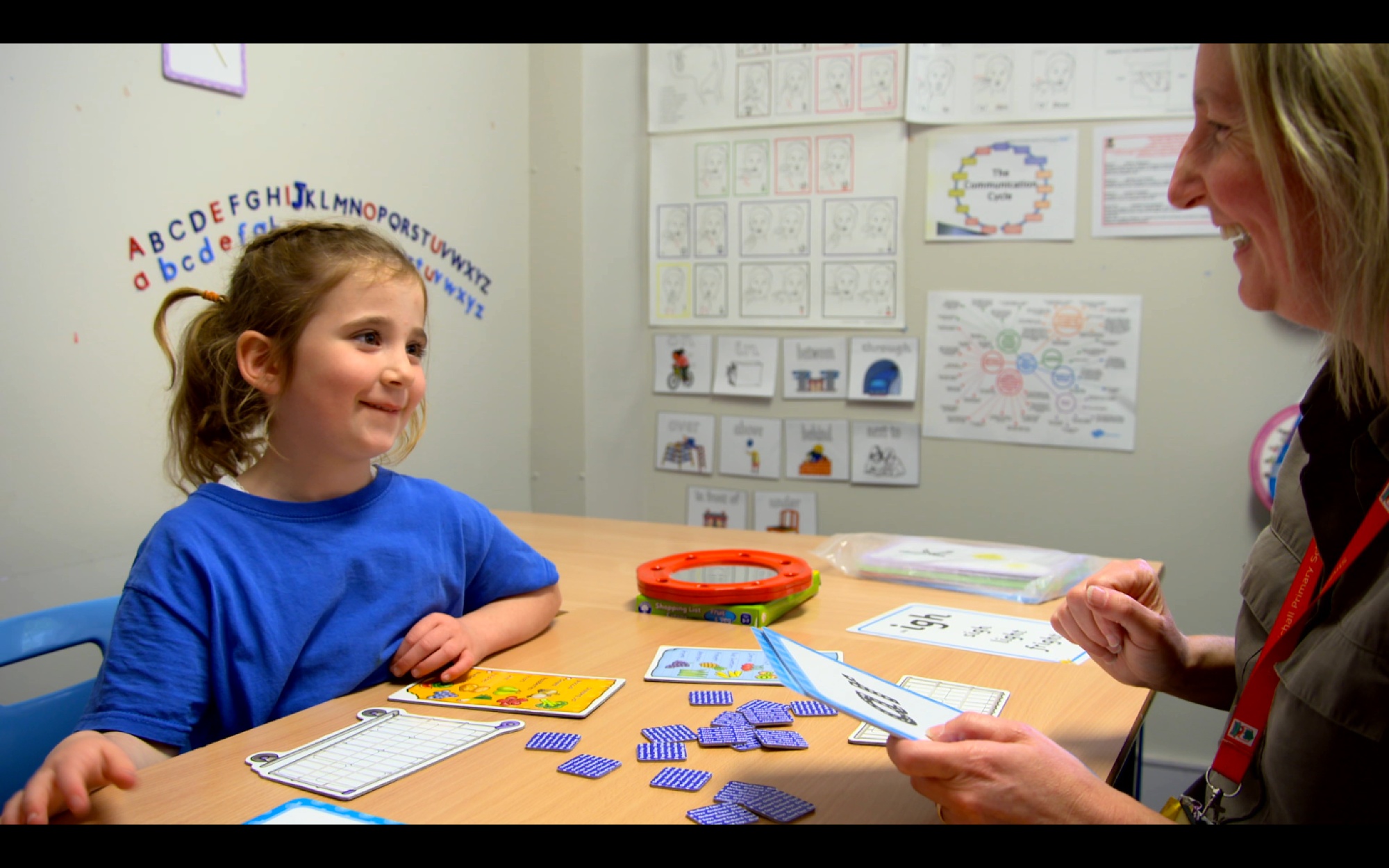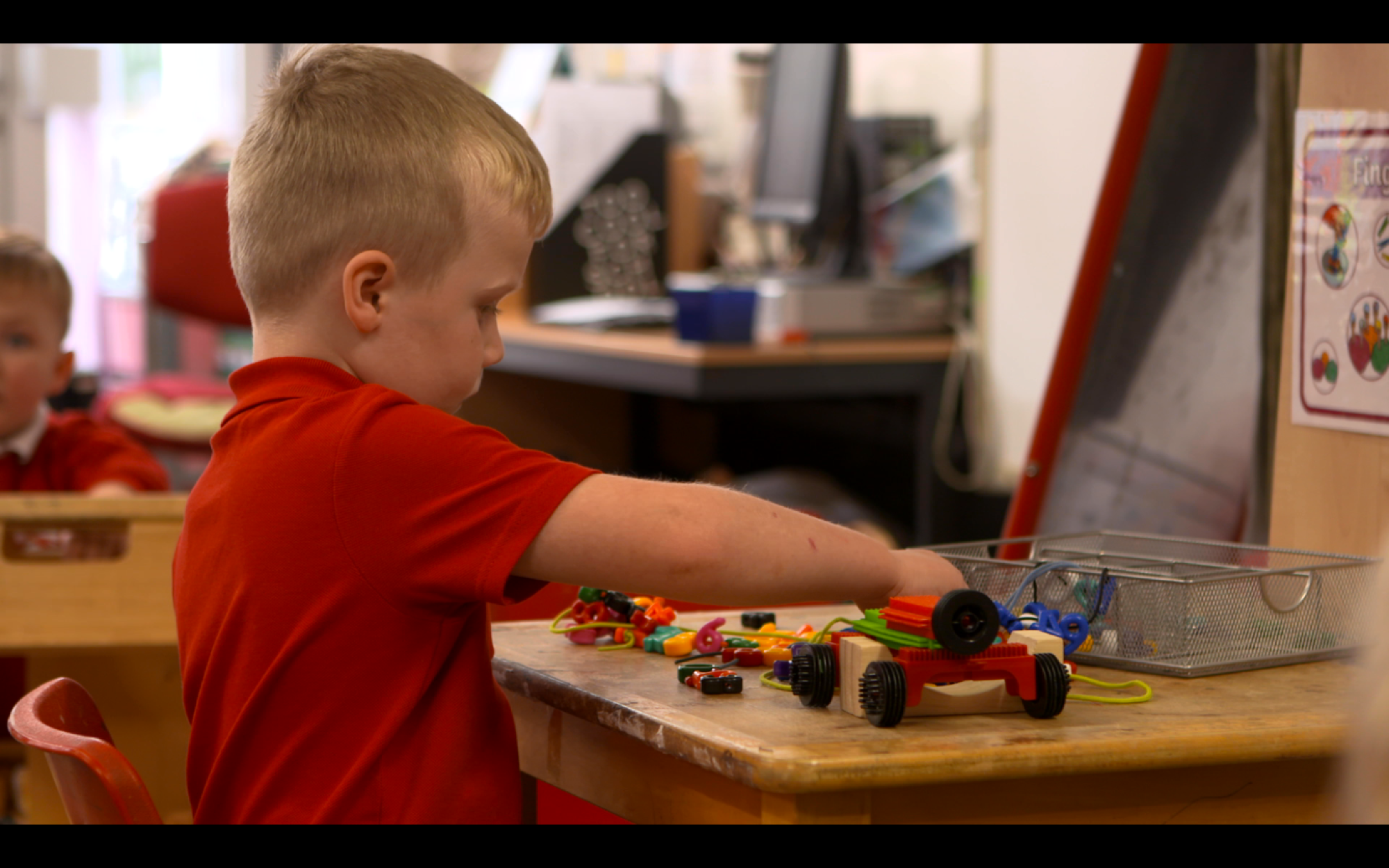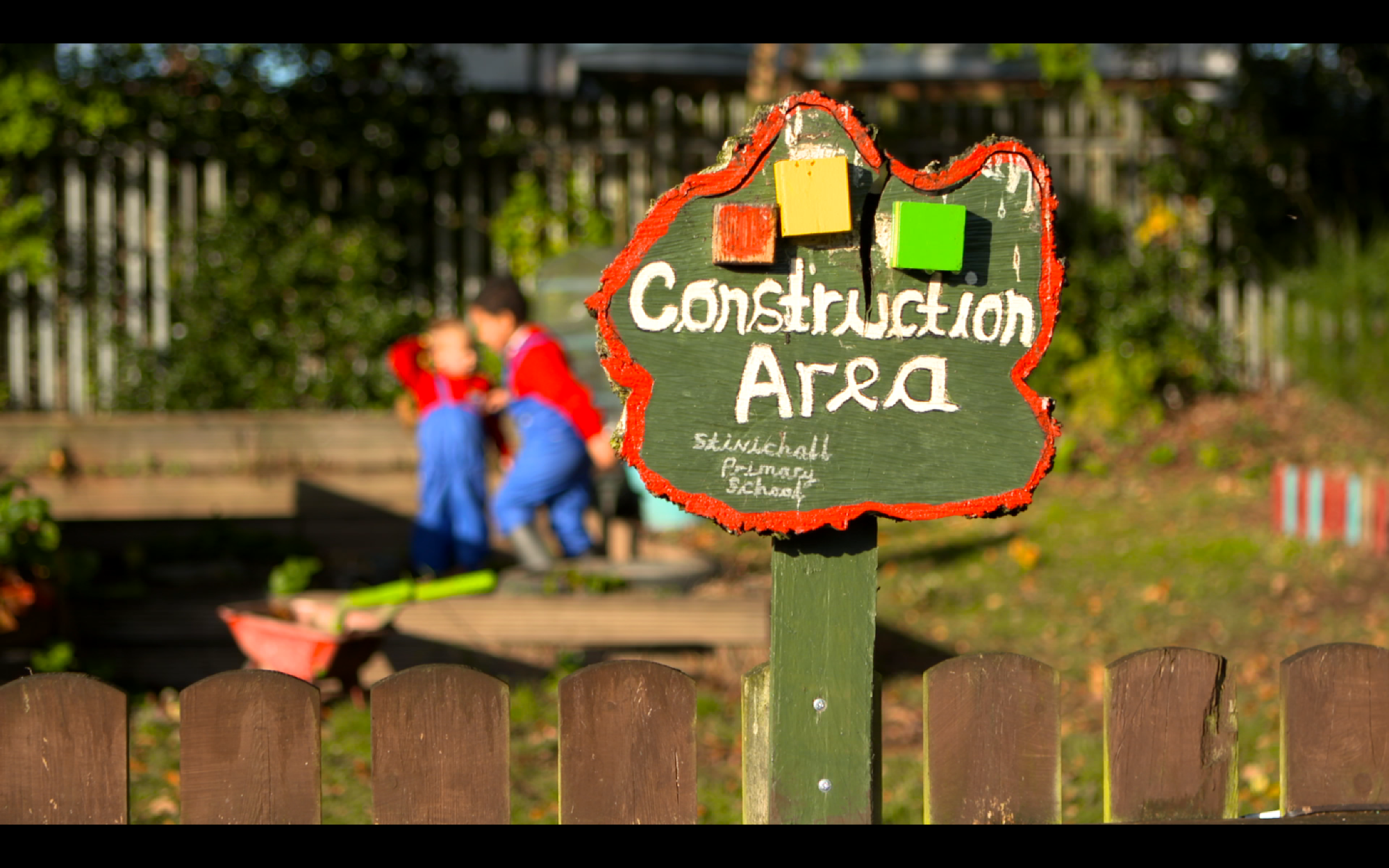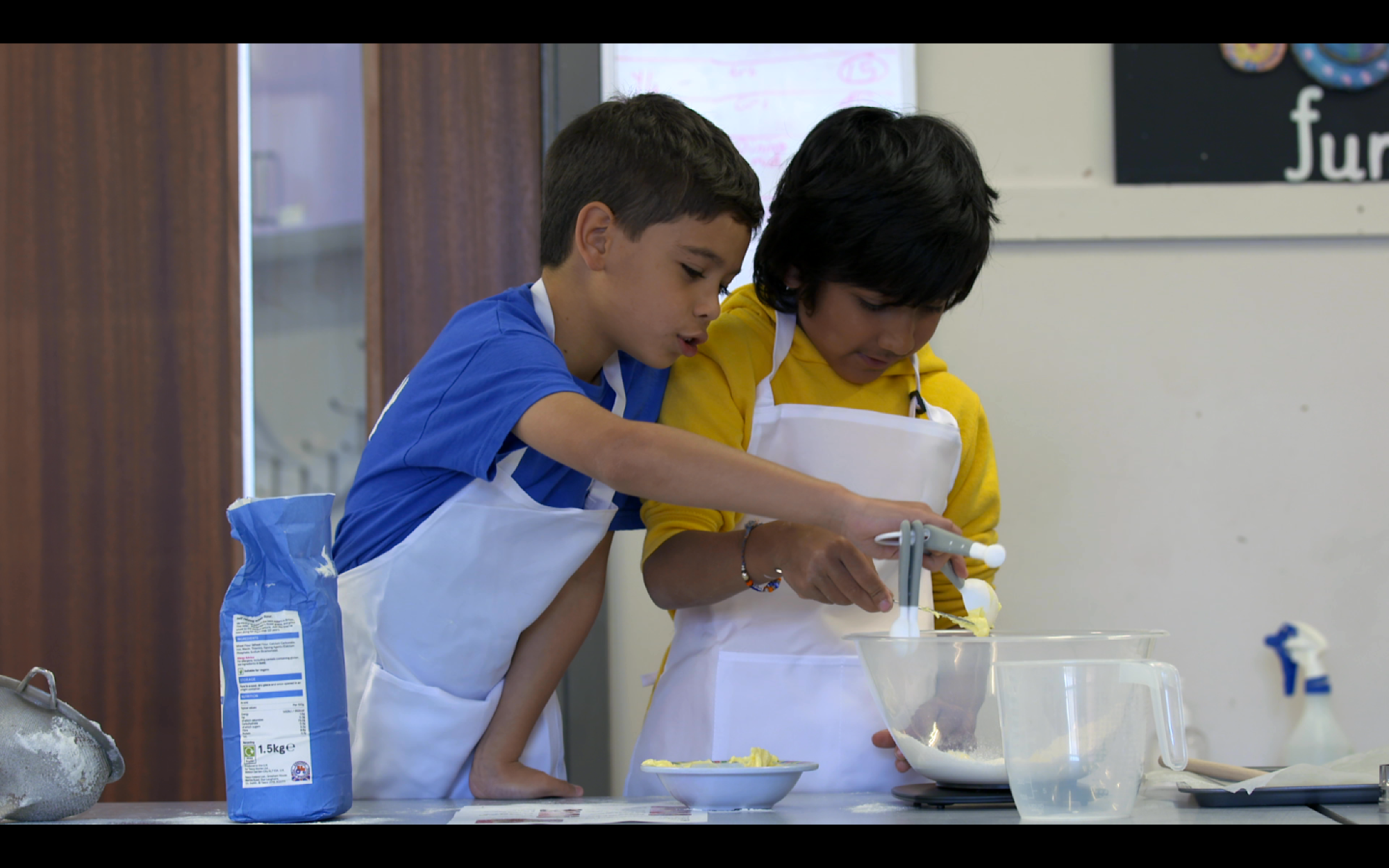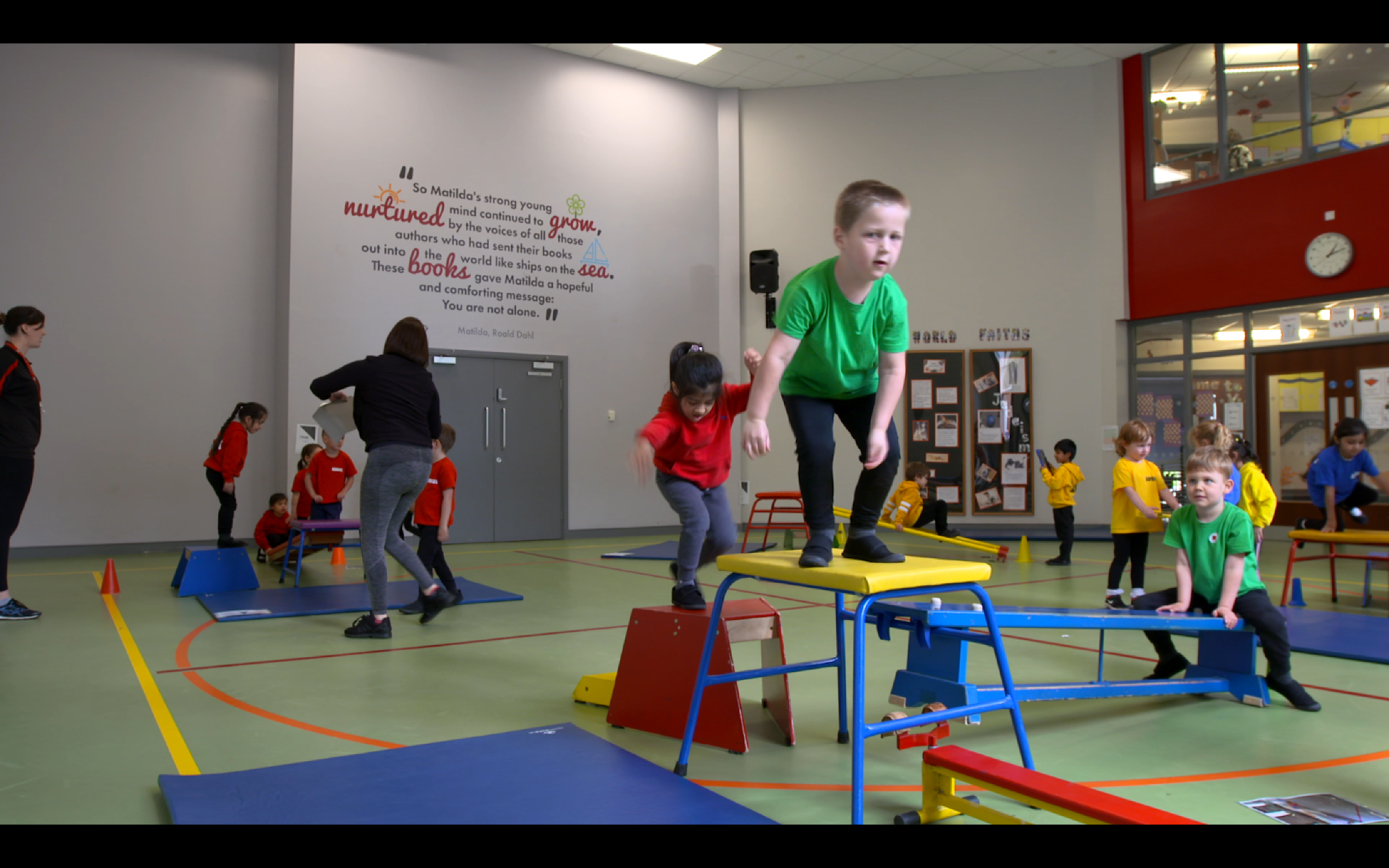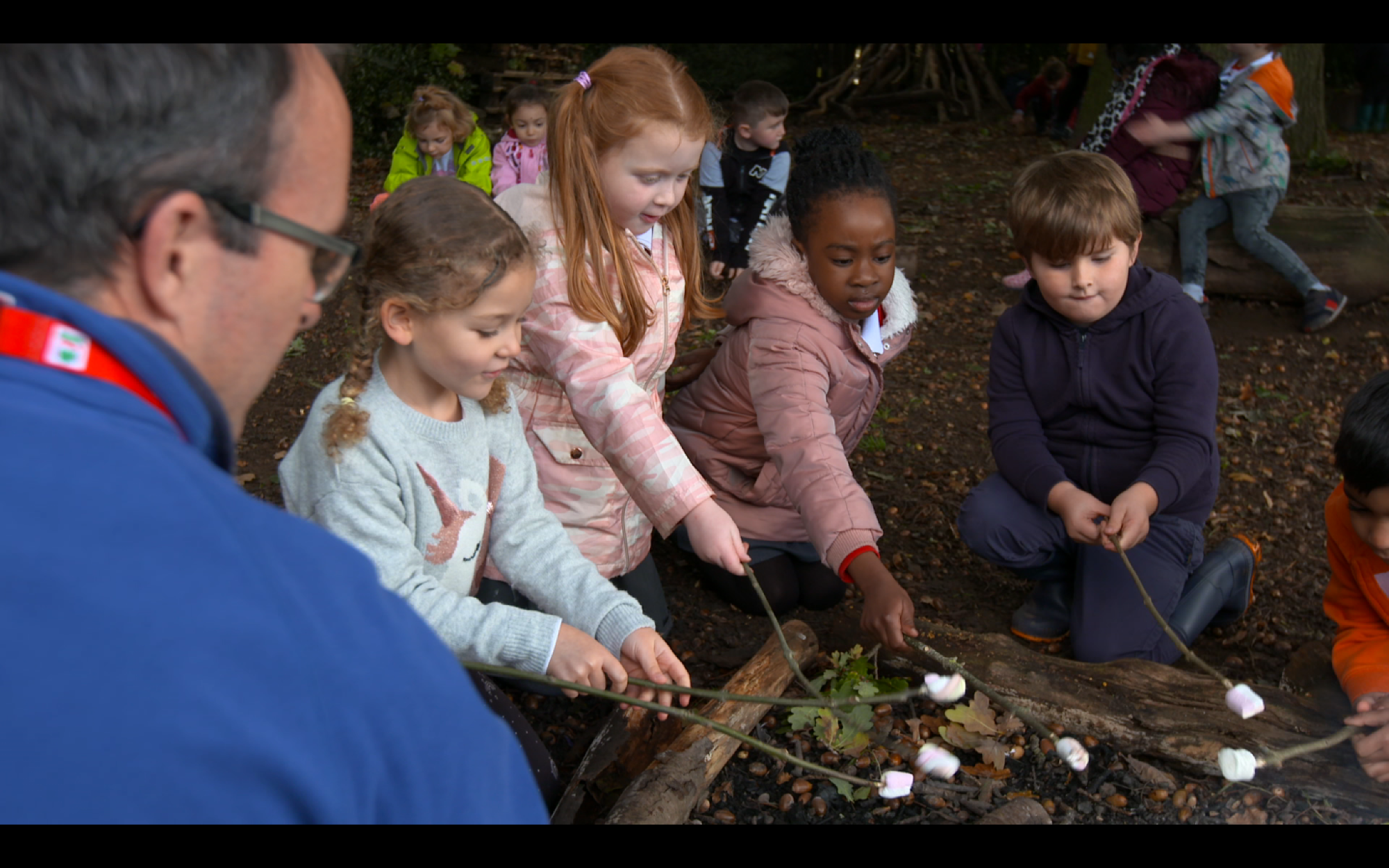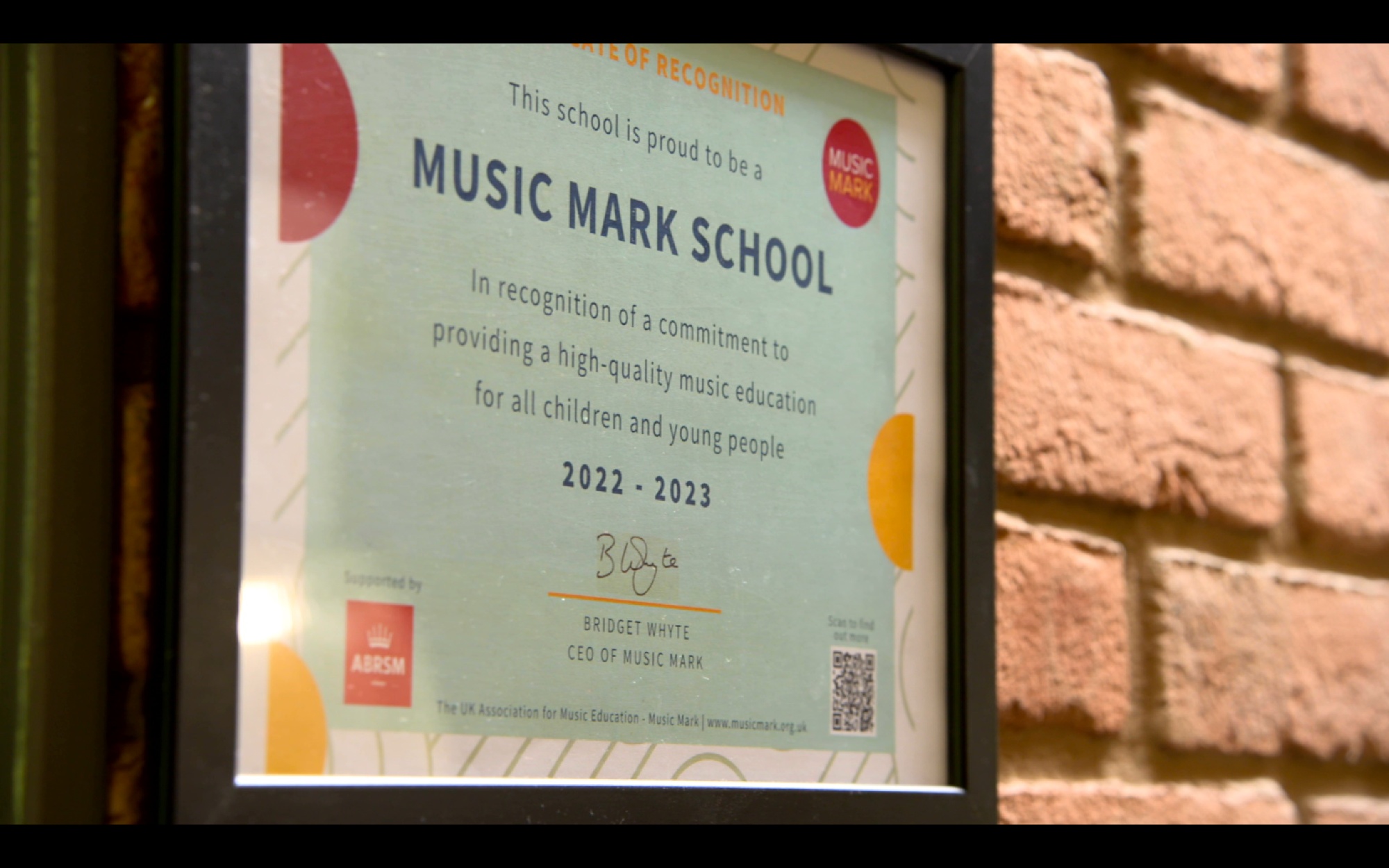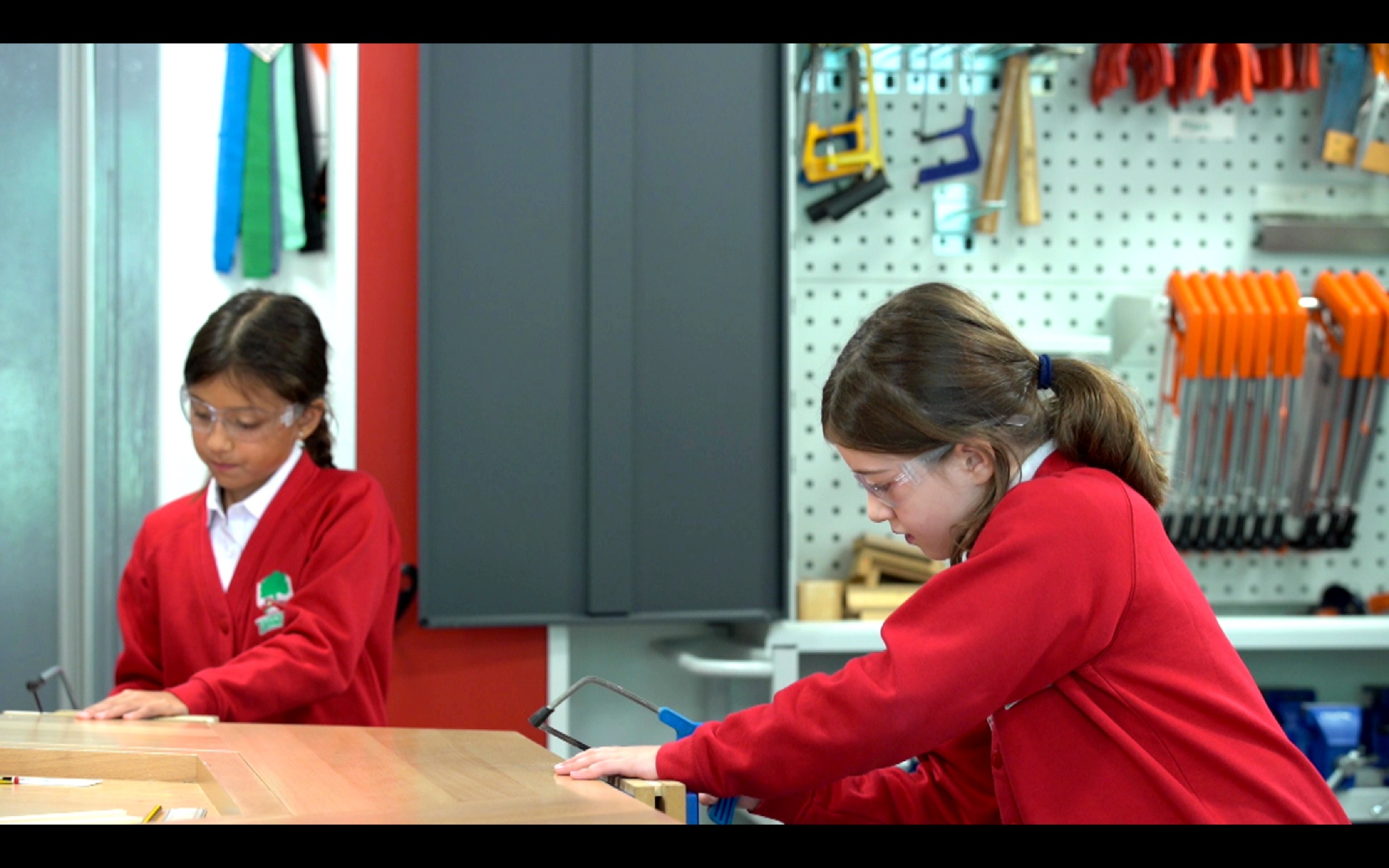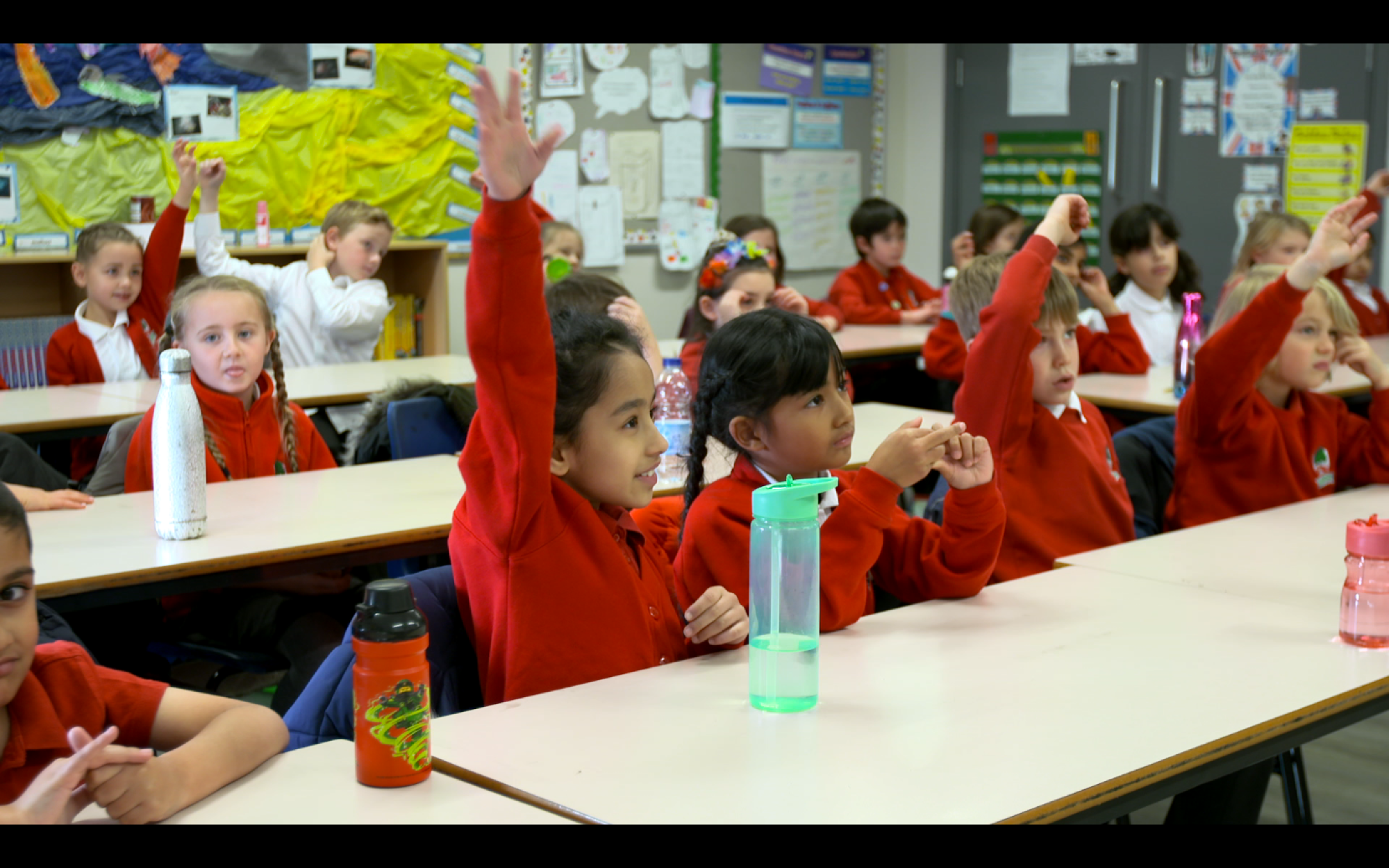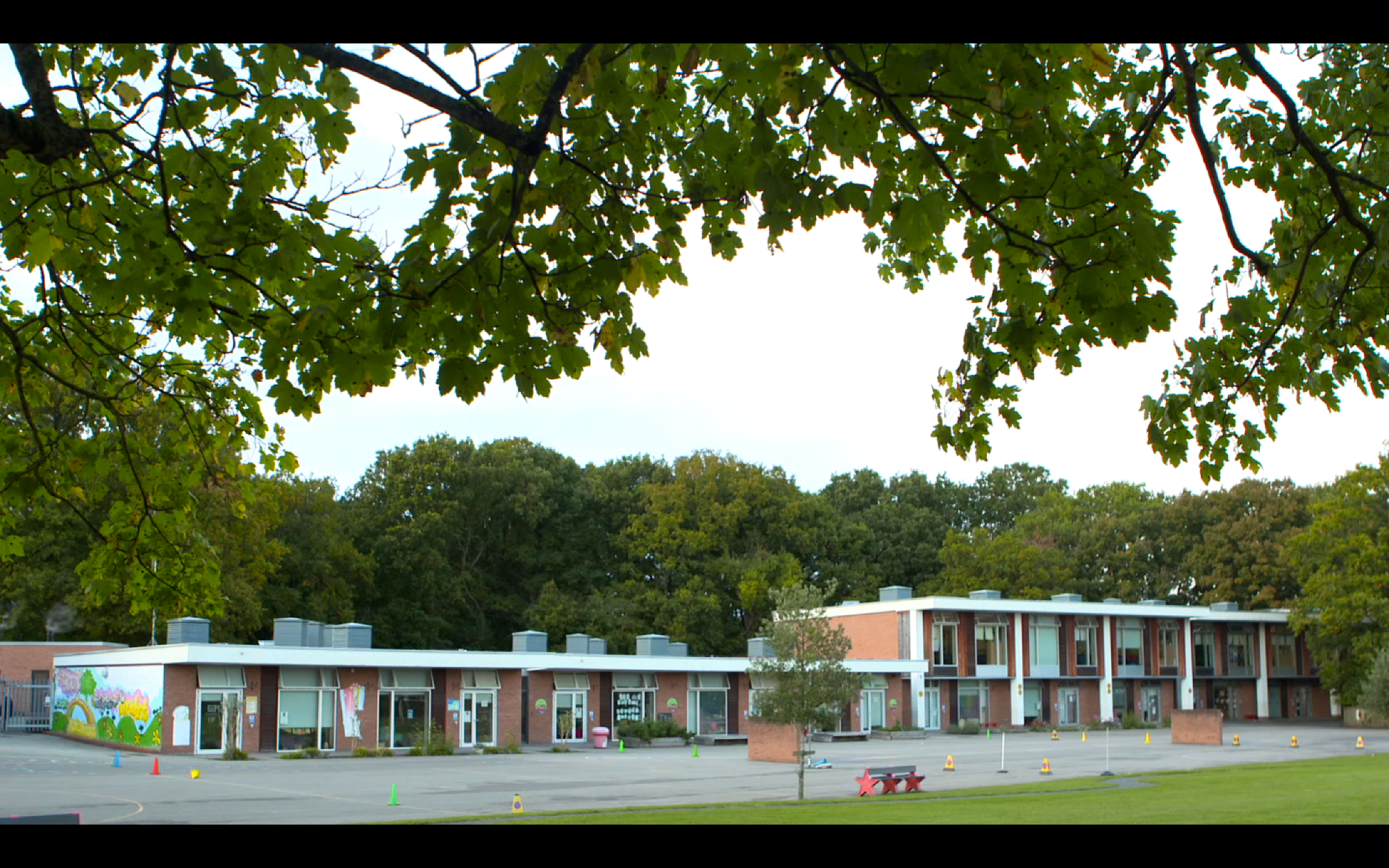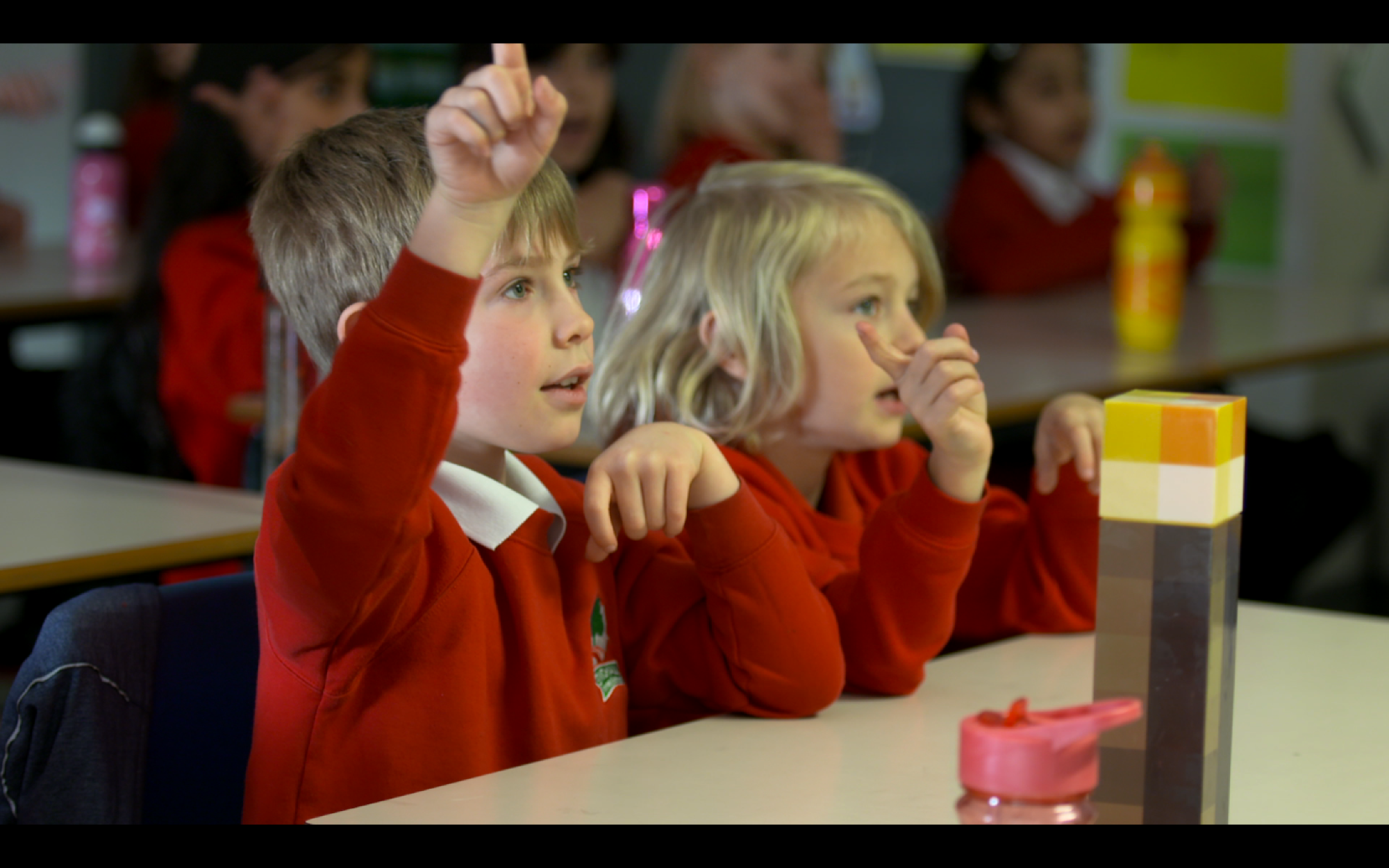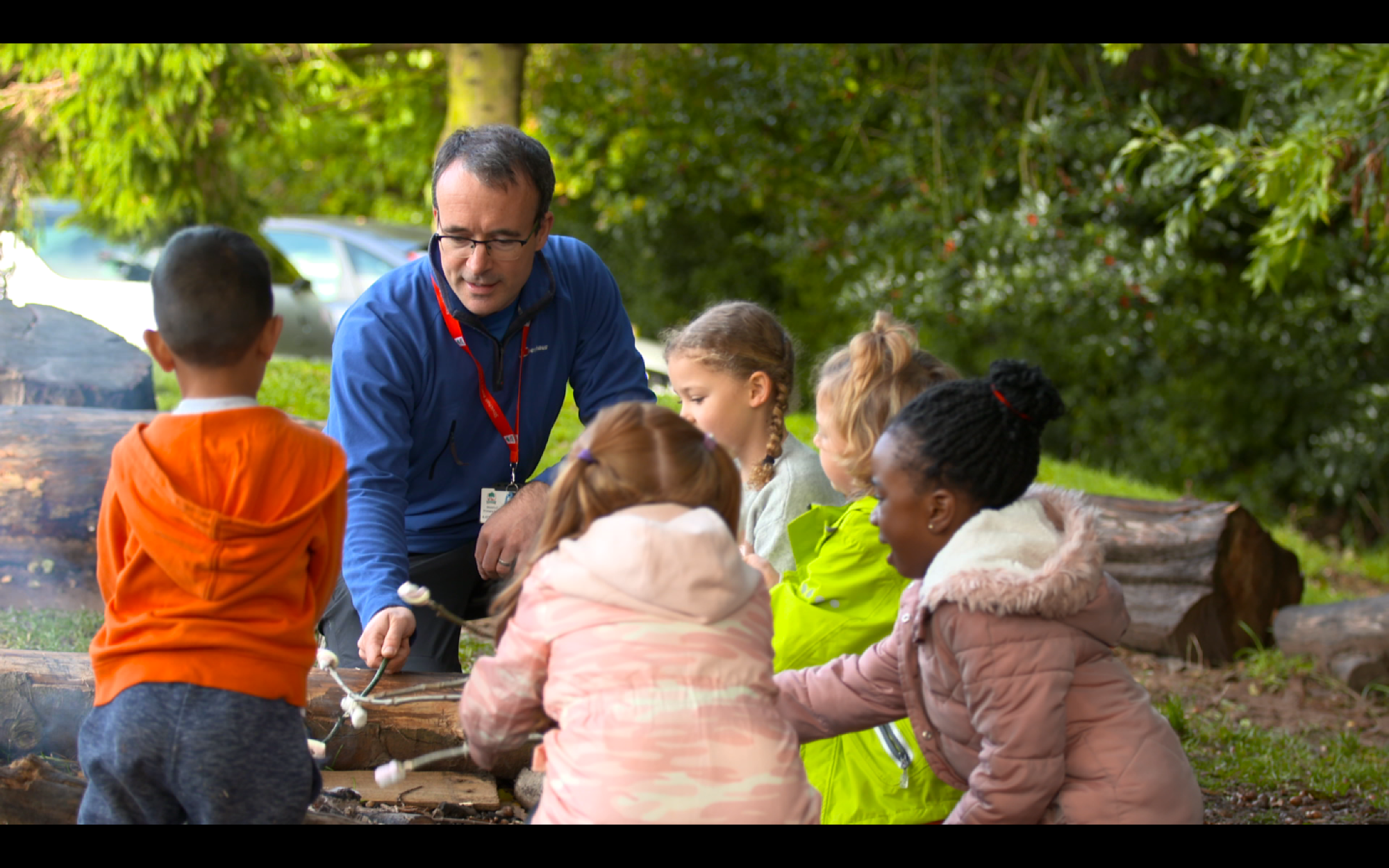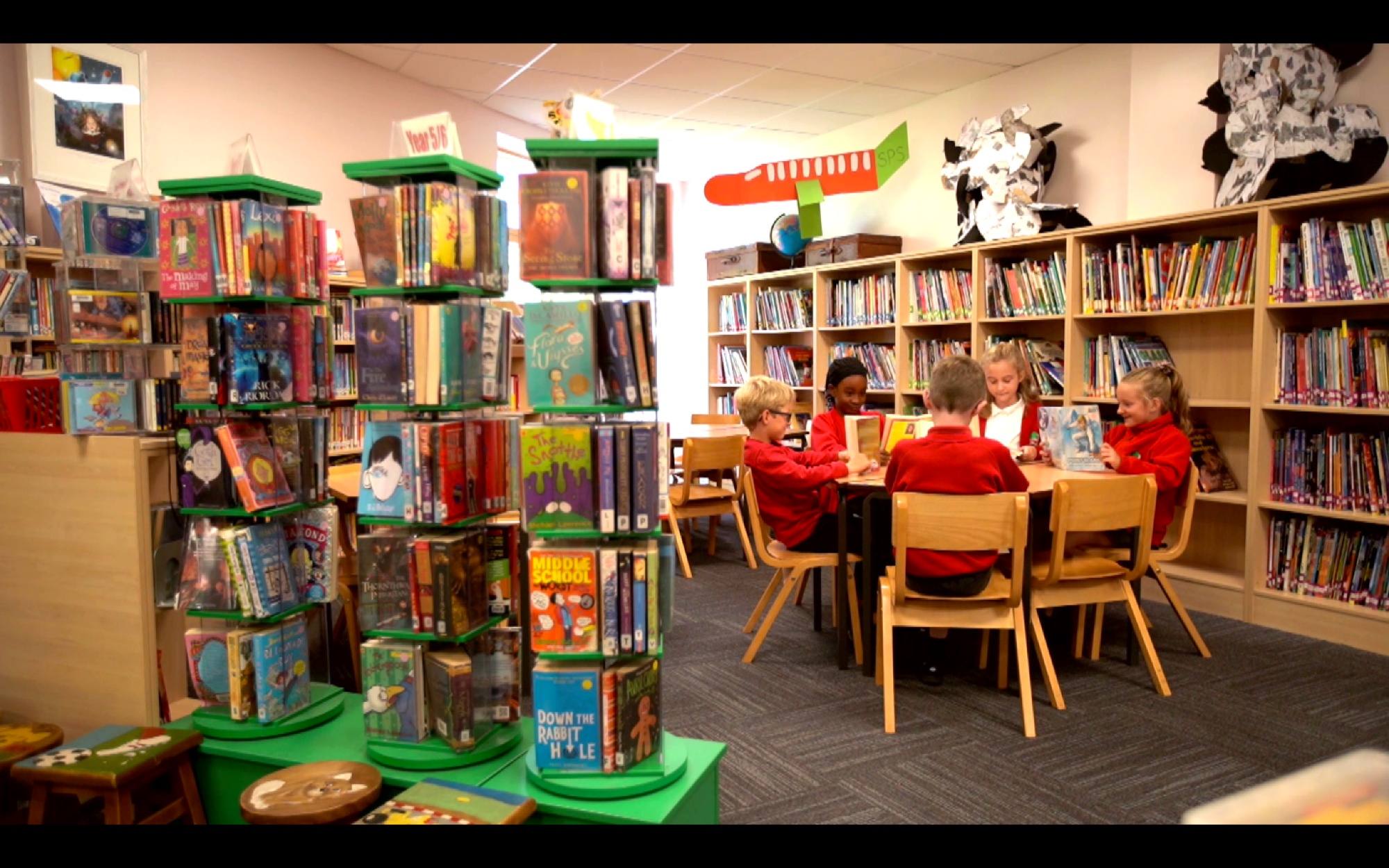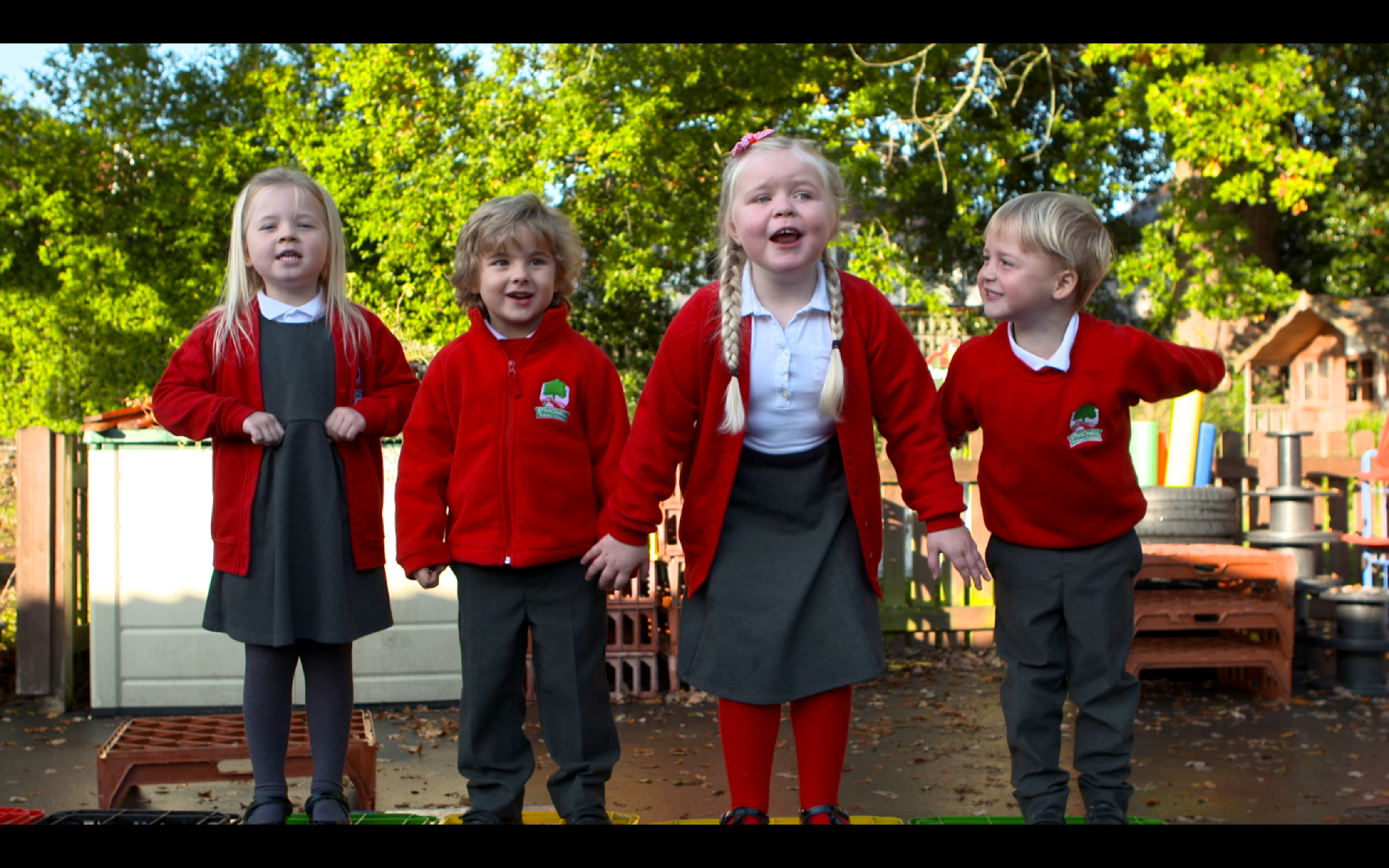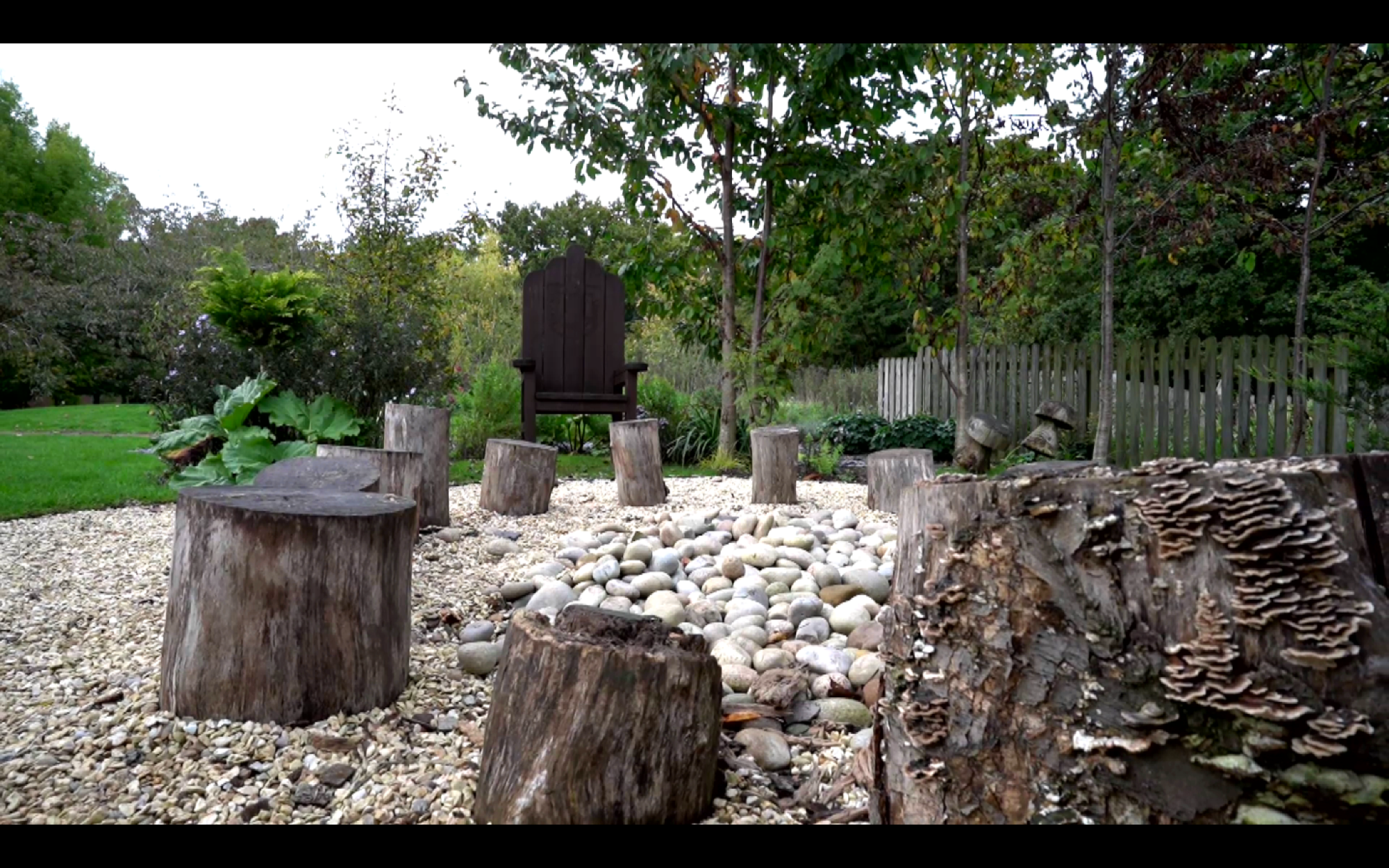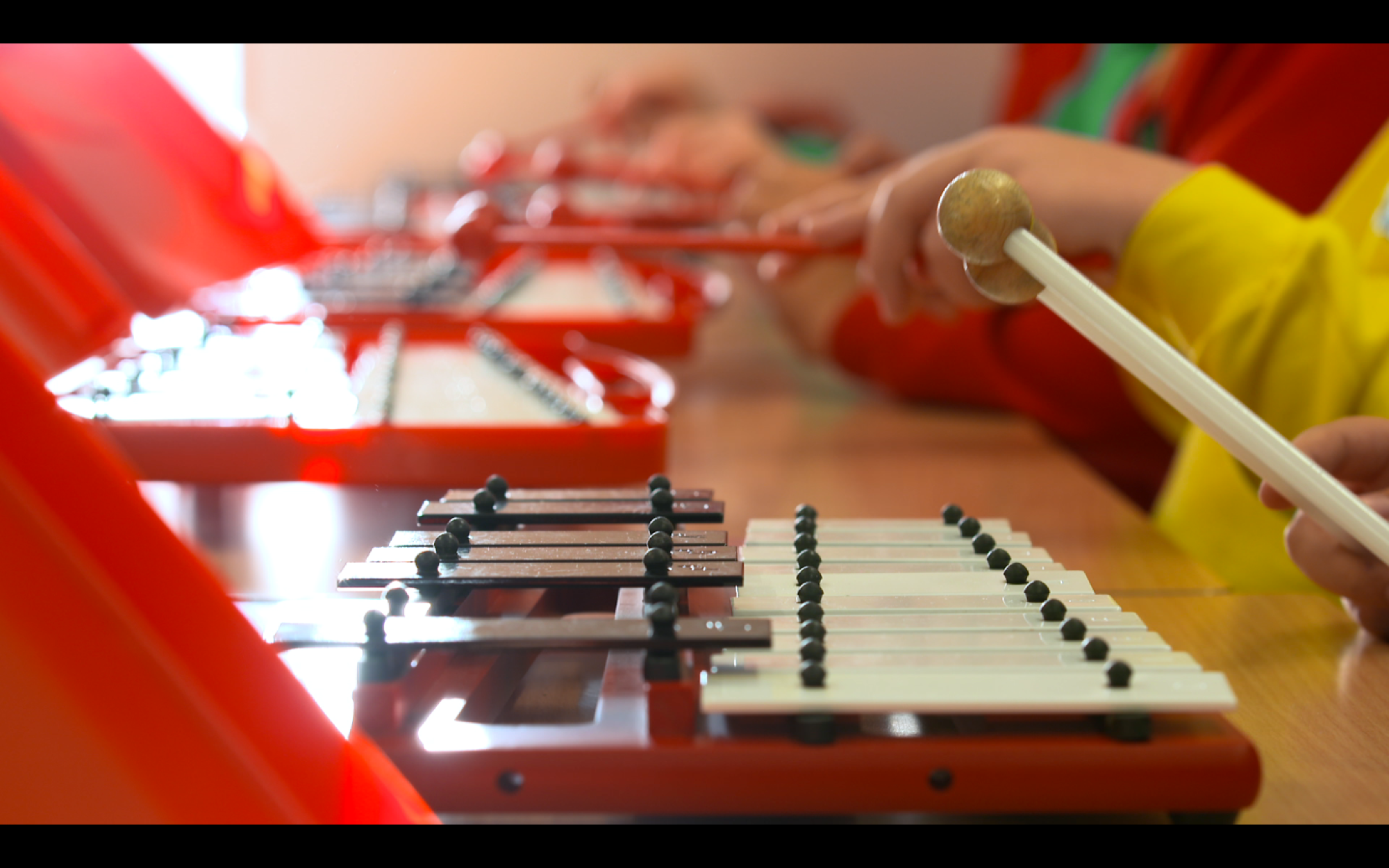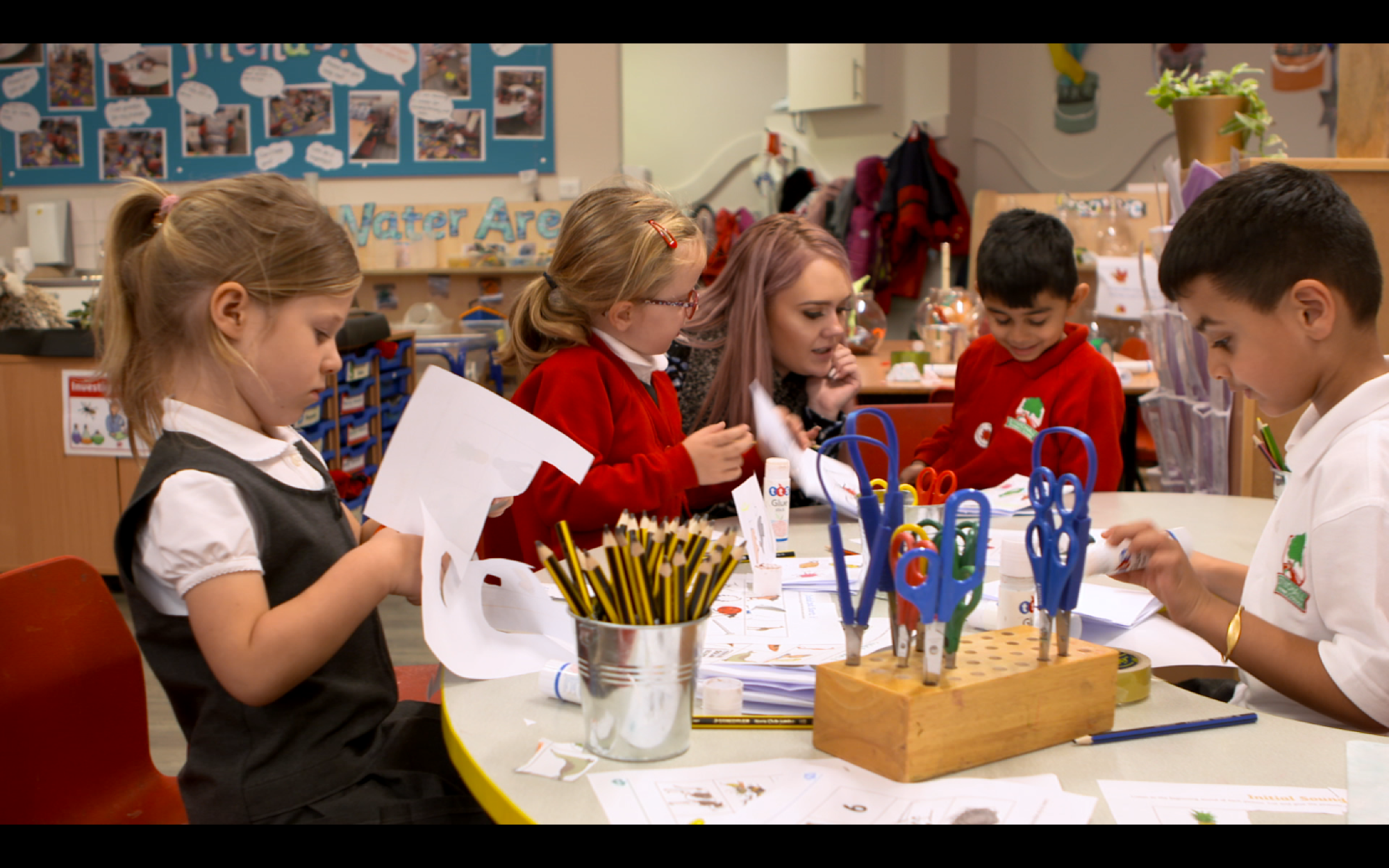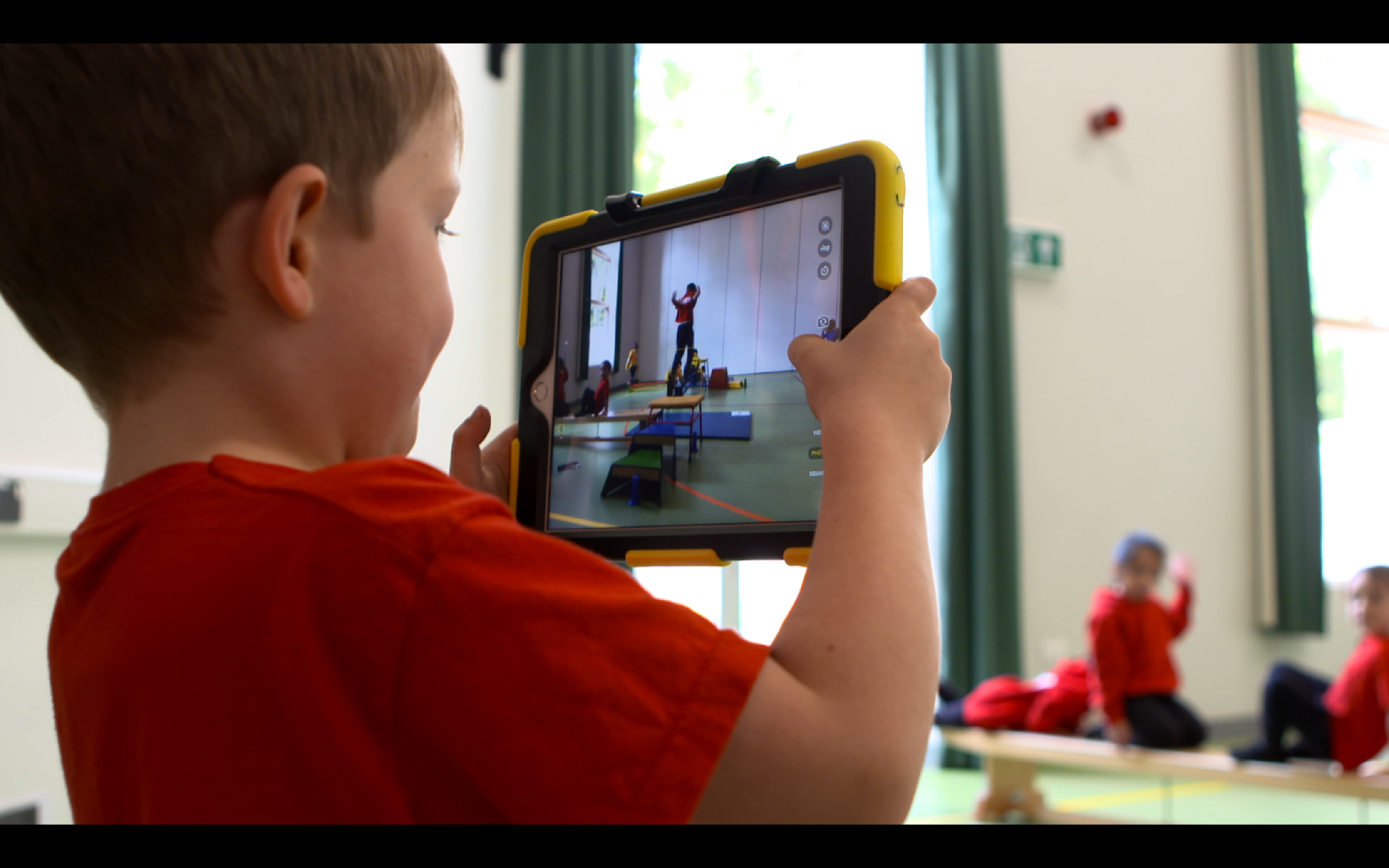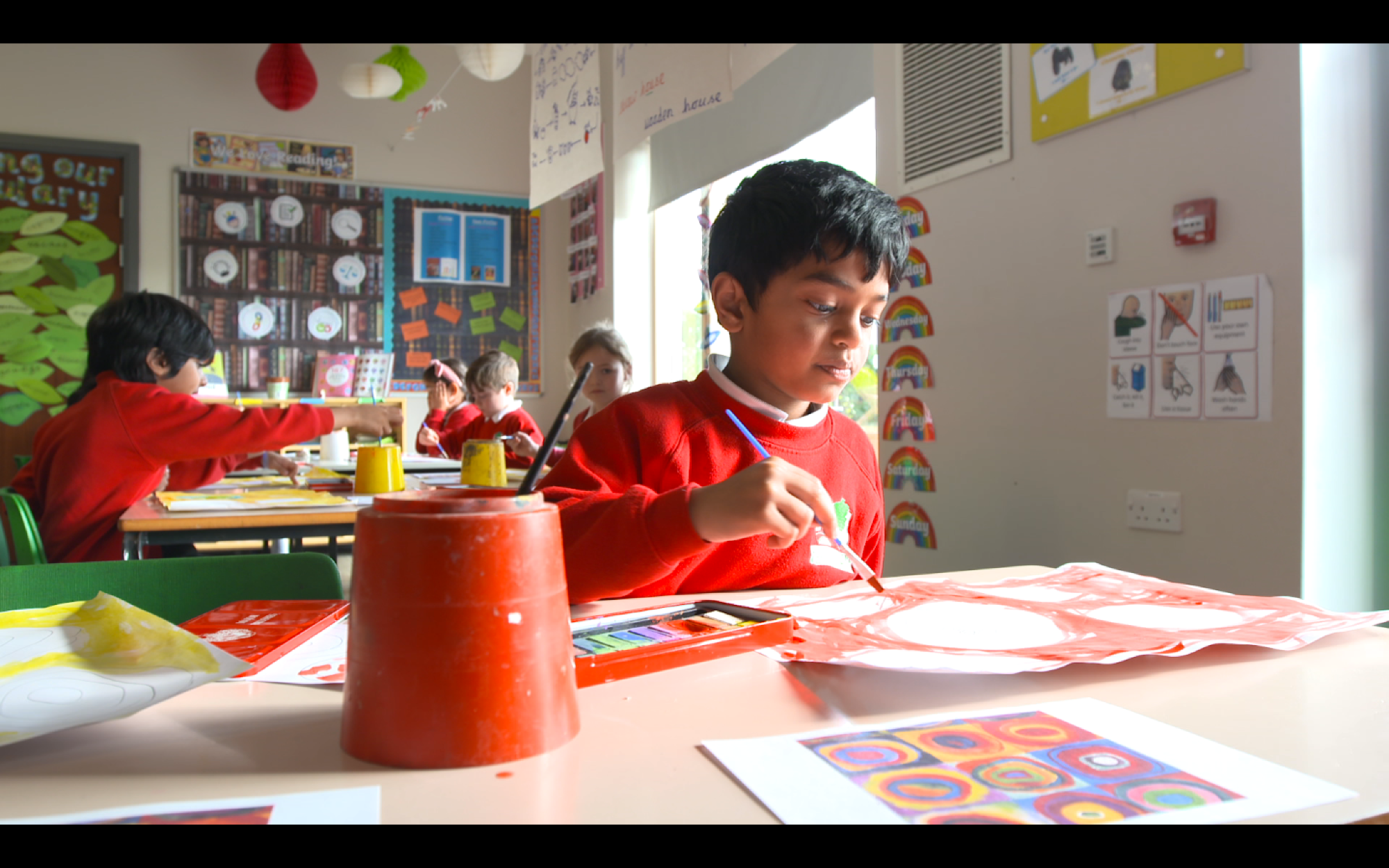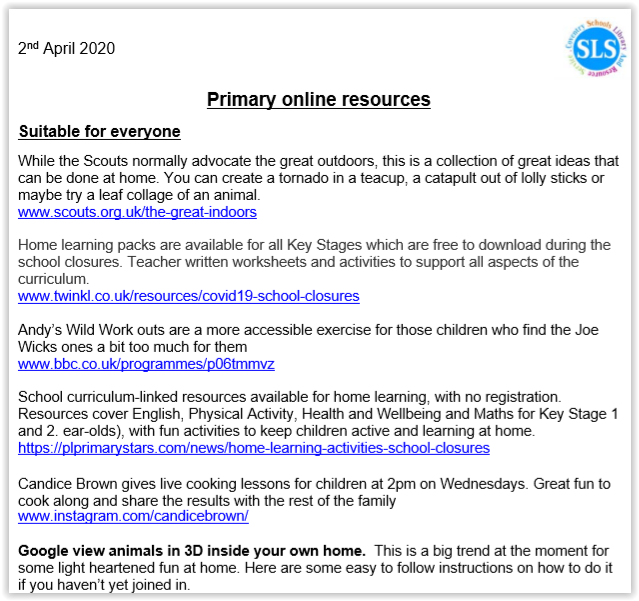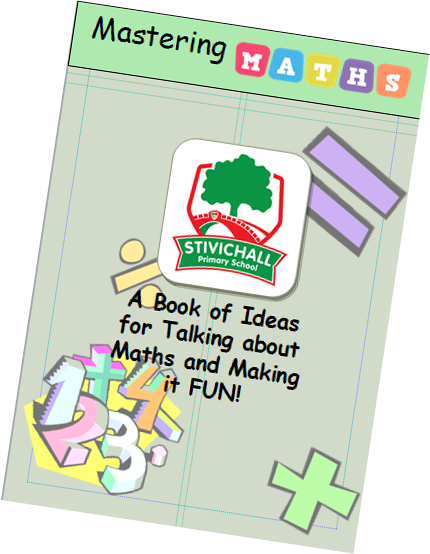Welcome to our “Home Learning” pages

During periods of lockdown due to the COVID19 pandemic, some children were learning remotely. Our Remote Learning Policy can be found in the Policies area of this website - it includes how the Seesaw and MS Teams platforms have been used. The following information was shared at the time to support learning at home and many of the links could prove useful to supporting your child with home learning.
There are a wealth of website links, Apps and other ideas for parents and children to explore if they choose to on this Home Learning page of our website. This is organised by subject and appears on the right hand side of this screen if using a laptop, pc or tablet and at the bottom of this page if using a smart phone.
When we do return to Seesaw daily activities, pease do continue to encourage your child to keep up with the work that is set – a ‘routine’ that works for you at home can help - and to take pride in their work. We are working hard to find the balance between maintaining good learning habits, setting work that will deepen skills and knowledge and still offering a flexibility that we know parents and children will need when working from home. As in the first lock down, we are suggesting the following 'timetable’ for daily home learning:
Please see our remote learning policy on the Policies area of the website (link here) for more information.
All the activities and ideas listed below are intended to be fairly general and could work well for children of various ages and abilities.
The Department for Education has guidance for parents of children aged 2 to 4 years and primary school age to support learning at home. There are lots of links to learning across the curriculum as well as general guidance for supporting children's learning at home:
The DfE have also approved the following online lessons which are organised by year group and updated weekly:
https://www.bbc.co.uk/bitesize/dailylessons
https://www.thenational.academy/online-classroom/schedule
The Coventry Schools Library and Resource Service (SLS) is producing a weekly list of home learning links that are free to use and support learning across the curriculum:
SLS Primary online resources - click here
Reading:
The first suggestion that we have is reading. If you read for just 20 minutes a day, then you will learn more than 2 million words per year! Sharing stories with adults and your brothers and sisters, or reading alone each day has many benefits. Remember that books don’t necessarily have to be school books; you can read a wide range of other things too – magazines, websites, whatever you are interested in.
Listening to stories is also a brilliant way to share stories. The World Book Day Website, (https://www.worldbookday.com/world-of-stories/) has many different audiobooks available until the end of March, which you can listen to for free.
Along with reading for pleasure, you could keep a diary or log of what you have been reading and complete tasks such as:
- Draw and describe a character from a book (using the clues in the text)
- Predict what will happen next and why
- Create a glossary of words you didn’t know
- Write an alternate ending to a story
- Transform part of a story into a playscript
- Draw a map of the setting from a story
- Find your favourite 5 bits of description in a text
- Use your reading to focus on vocabulary, magpie words and phrases that you would like to use in your writing
Writing:
Some ideas for writing activities are:
- Do some cooking or play a board game and write instructions for it
- Look through some photos of an old trip out or holiday and write a report about it
- Try writing haikus (poems with 3 lines – 5 syllables, 7 syllables, 5 syllables) about favourite animals
- Write an acrostic poem about your topic or favourite book
- Book recommendations, what have you been reading and why should others read it?
- Research a key event from history and write a newspaper report from the time
- Keep a diary
- Watch Horrible Histories and write in the style of Terry Deary
- Write a story inspired by one of the settings on the website Pobble 365
- Practise your current and previous spelling lists using Spelling Shed
- deveop and practise typing skills in a fun way on BBC Bitesize: https://www.bbc.co.uk/bitesize/topics/zf2f9j6/articles/z3c6tfr
The curriculum overviews for each year group can be found within ‘Our Learning’ and ‘Curriculum’ on the school website and you might think about your class topic and research your inspirational figure or find out more about the area that interests you the most. Remember you can capture your learning in a variety of ways - be creative!
Maths
The maths ‘topics’ that are being covered this half term for each year group are also on the curriculum overviews for each year group. Some initial tasks that focus specifically on year group expectations have been set on Mathletics and further tasks will follow soon. The Mathletics site allows children to compete on ‘Live Mathletics’ further practising fluency of important mental methods – as a general rule, children should aim to compete on the Live Mathletics ‘Level’ that is the same number as the year group they are in.
The following websites are good for general times tables and other maths practice (other website links to follow soon):
www.topmarks.co.uk/maths-games
Some other ideas for maths activities are:
- Practice telling the time using analogue clocks, saying times in the 12 hour (am and pm) and 24 hour clocks as well as ‘saying’ the time and work out time ‘intervals’ (e.g. if it’s 11:25am now, how long is it until lunch time at 12:30pm?)
- Playing maths related board games – Monopoly, Snakes and Ladders, dominoes
- Play card games that use maths skills
- Go into the garden and practise number bonds to 10, 20, 50 or 100 (or 1000 and more for Years 5 and 6) whilst throwing and catching a ball – e.g. for bonds to 20, the thrower says “13 and …” the catcher says “7”
- Practice money skills using real coins, making a pretend shop and working out totals and change; Years 5 and 6 could work out new prices with % discounts
- Have a look at other ideas in our Mastering Maths at home booklet that has been shared previously – click on the picture below as a link
Computing
Have a look at BBC Bitesize Computer Science, Digital Literacy and Information Technology on here:
KS1: https://www.bbc.co.uk/bitesize/subjects/zyhbwmn
KS2: https://www.bbc.co.uk/bitesize/subjects/zvnrq6f
Try some coding by downloading a free app called “Bee-Bot” which you can find here:
https://www.educationalappstore.com/app/bee-bot
This takes a step by step approach from the first beginnings to some far more challenging things (which might even be an interesting test for parents).
If you’d rather not download an app this website has a similar purpose:
https://www.terrapinlogo.com/emu/beebot.html
Other things to keep you busy…
- Try some learning outside, by helping with gardening; using RSPB bird identifiers and doing a tally for what garden birds you can spot; try some of the Woodland Trust’s activities on http://www.treetoolsforschools.org.uk/categorymenu/?cat=activities
- Do some interesting art – use some toys to make a bigger picture. Can you make a picture out of lego? Can you make a picture out of toy cars? Or pencils?
- Take pictures of interesting things from interesting angles. Can your family guess what they are?
- Do some real-life drawing – pick 4 different objects and see how accurately you can draw them. Take your time and observe carefully!
- Draw a map/plan of a new school or design you ideal house – what would it need to have? How would you fit it all together?
- What’s the biggest tower you can make from scrap paper or card?
- Make some boats to float in your bath – what materials work best? Why?

